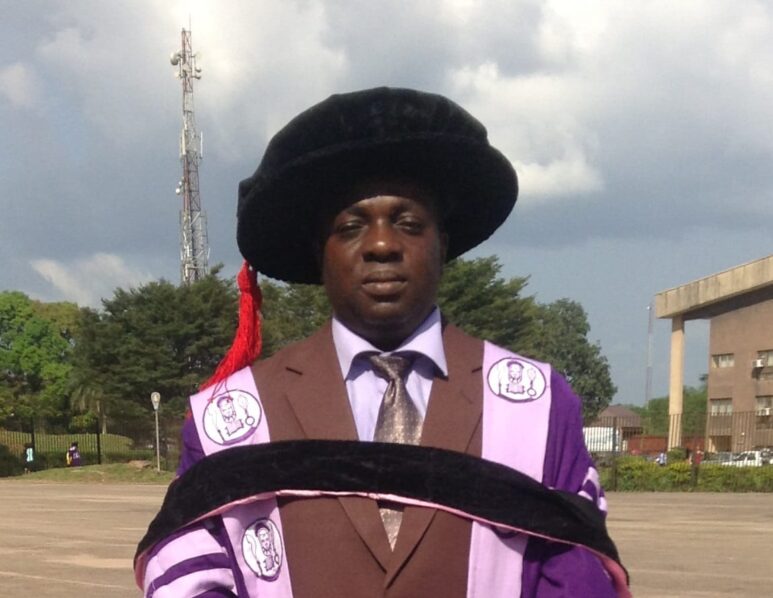
Nigeria’s Professor Chidozie Nwobi-Okoye has emerged as a leading voice in artificial intelligence (AI) and engineering optimization, earning recognition from ScholarGPS as one of the top 0.5% of scholars worldwide.
His groundbreaking research in AI-driven systems, energy optimization, and sustainable engineering continues to reshape industries and influence policy.
READ MORE: Donald Trump’s Networth Surged to $7 Billion
A professor of Industrial and Systems Engineering at Chukwuemeka Odumegwu Ojukwu University, Nwobi-Okoye has dedicated his career to solving complex industrial and energy challenges.
His work spans AI applications in engineering, operations research, and smart manufacturing.
“My research focuses on improving efficiency, reliability, and performance in various engineering systems,” Nwobi-Okoye said. “Optimization is key to reducing waste, cutting costs, and enhancing productivity.”
His contributions extend beyond academia, impacting Nigeria’s energy and manufacturing sectors.
READ MORE: Top 10 World’s Richest People in 2024
By leveraging AI, his studies have explored predictive analytics for energy demand, smart automation in manufacturing, and eco-friendly composite materials.
“AI is transforming engineering by enabling smarter decision-making, predictive maintenance, and resource efficiency,” Nwobi-Okoye explained.
“Nigeria needs to diversify its energy mix and improve system efficiency,” he noted. “My research explores how data analytics and IoT can enhance energy security, especially for SMEs.”
His expertise also extends to simulation modeling, which he describes as a vital tool in decision-making.
“Simulation allows engineers to test different scenarios before implementation, from supply chain management to infrastructure design,” Nwobi-Okoye said.
READ MORE: Senate approves management team, board members for SEDC
His research on optimizing production processes has also explored the role of fuzzy logic, an advanced mathematical approach that improves decision-making under uncertain conditions.
“Traditional methods struggle with uncertainty, but fuzzy logic allows for adaptive, data-driven solutions.”
As Editor-in-Chief of the African Journal of Education Science and Technology, Nwobi-Okoye has shaped scholarly discourse, influencing industry practices and policy. “Collaboration between academia and industry is crucial,” he stressed. “Nigeria must support research-driven innovations to enhance production efficiency and infrastructure resilience.”






